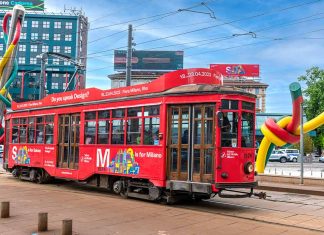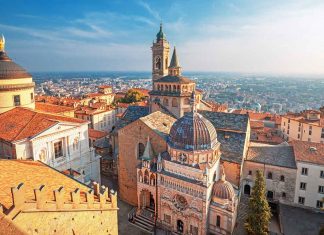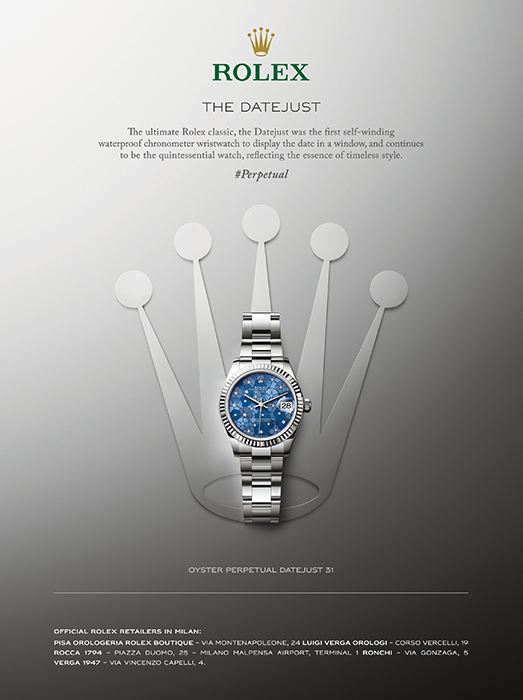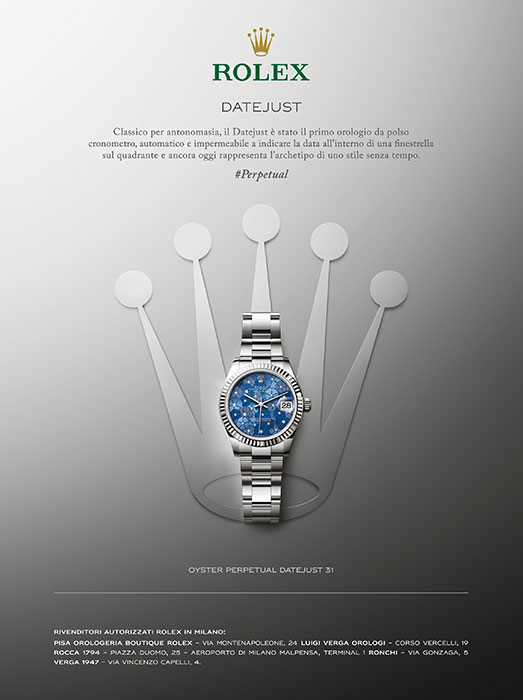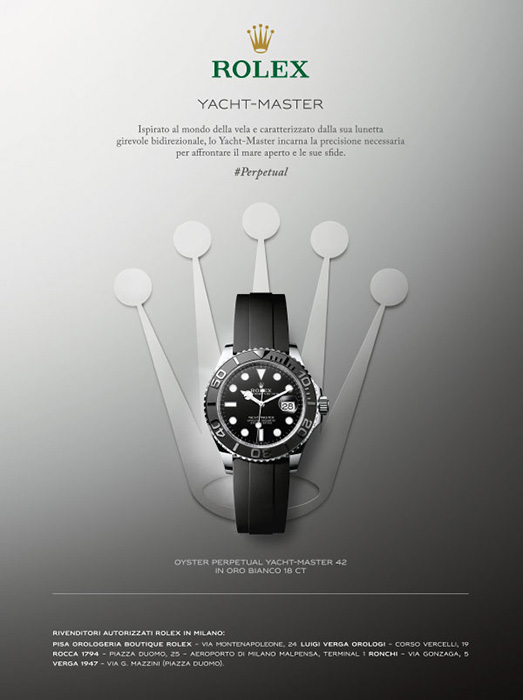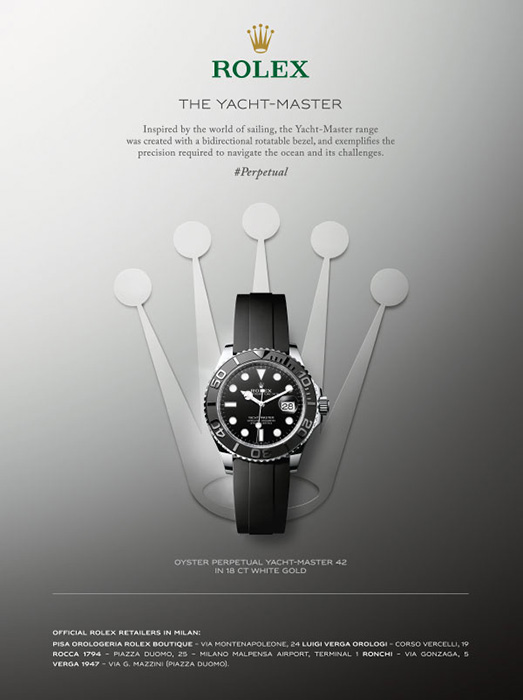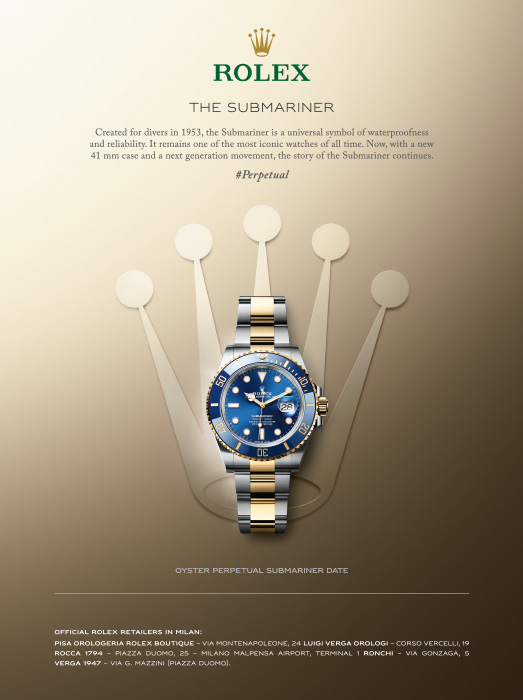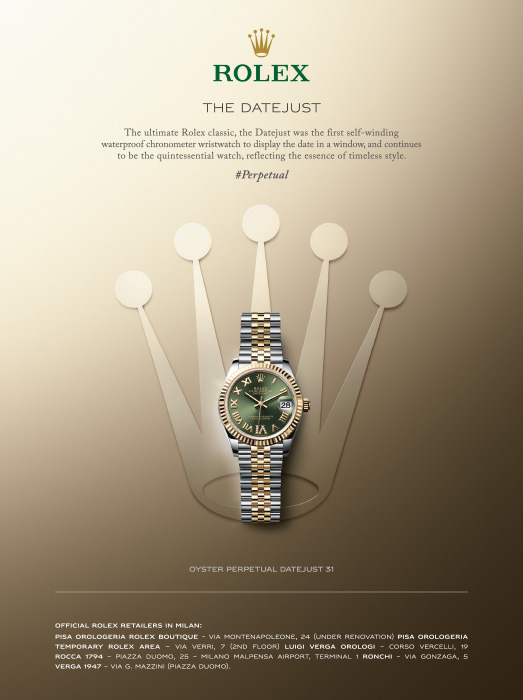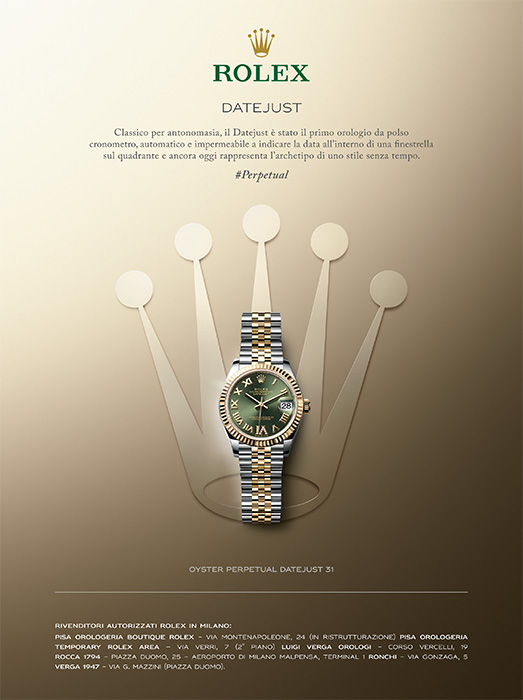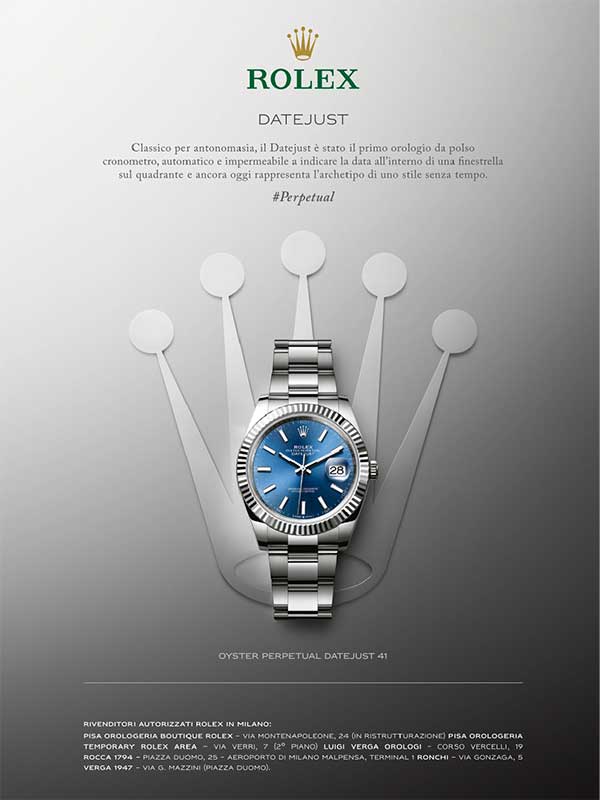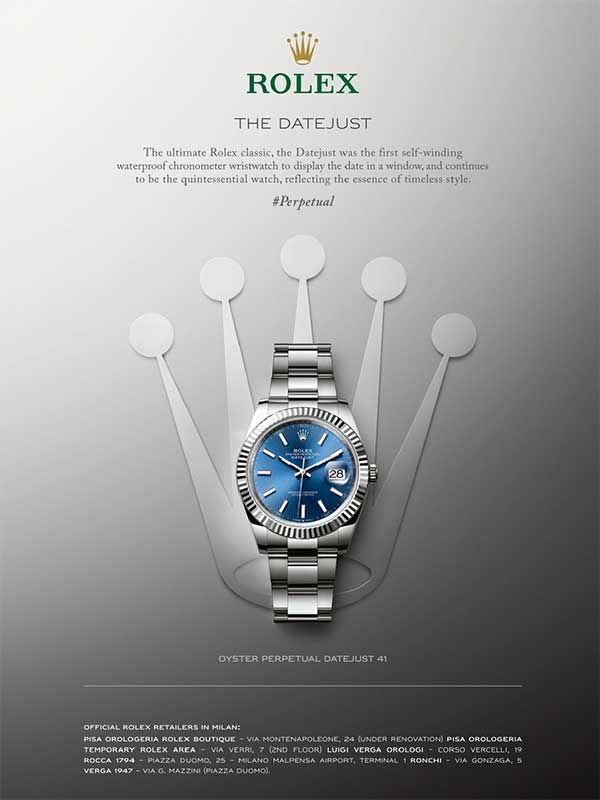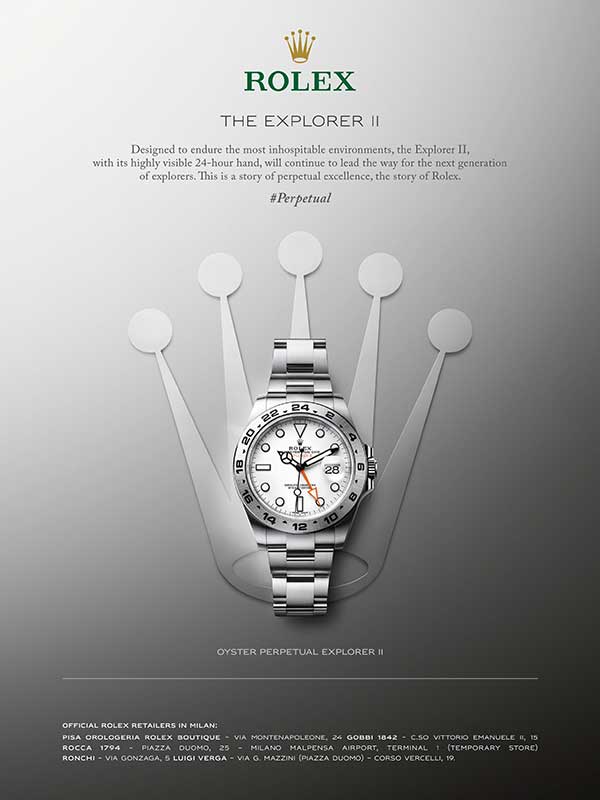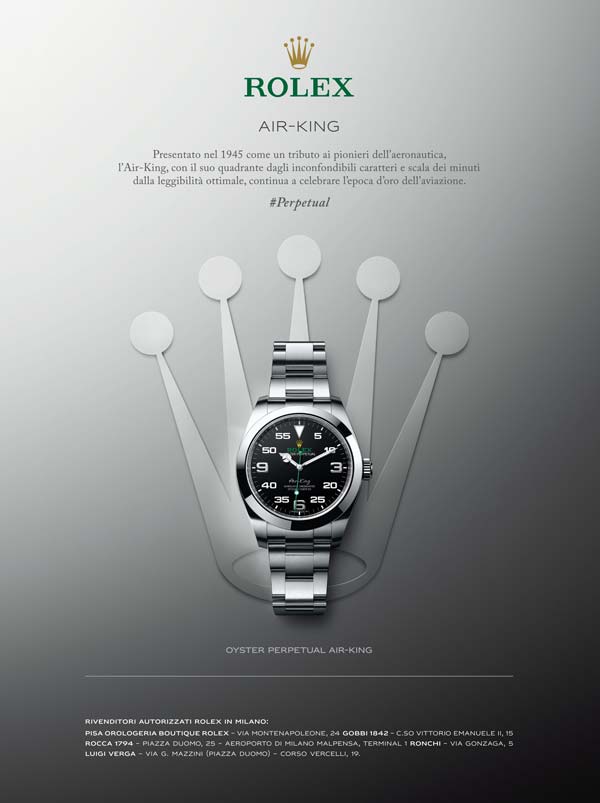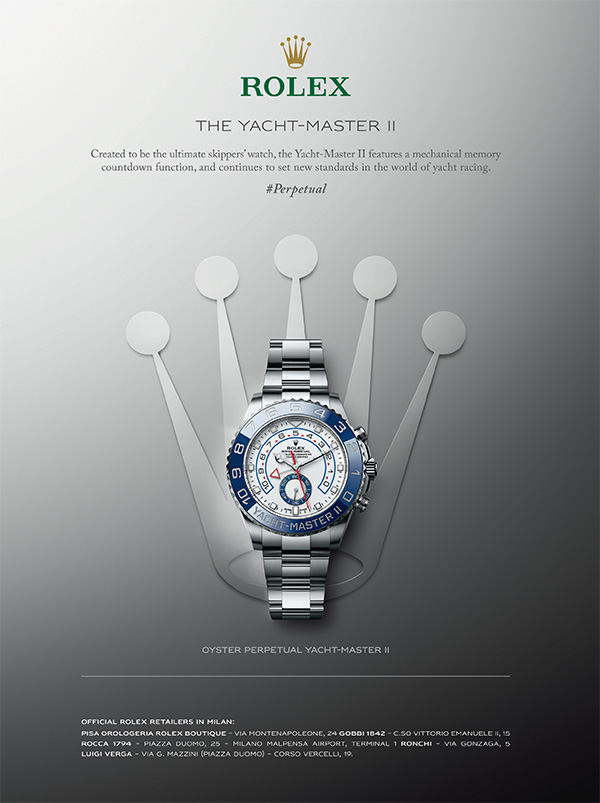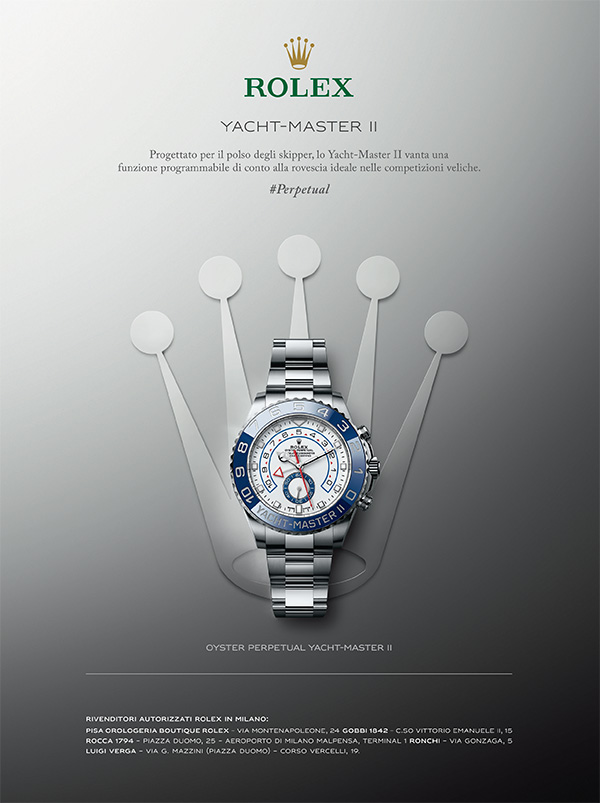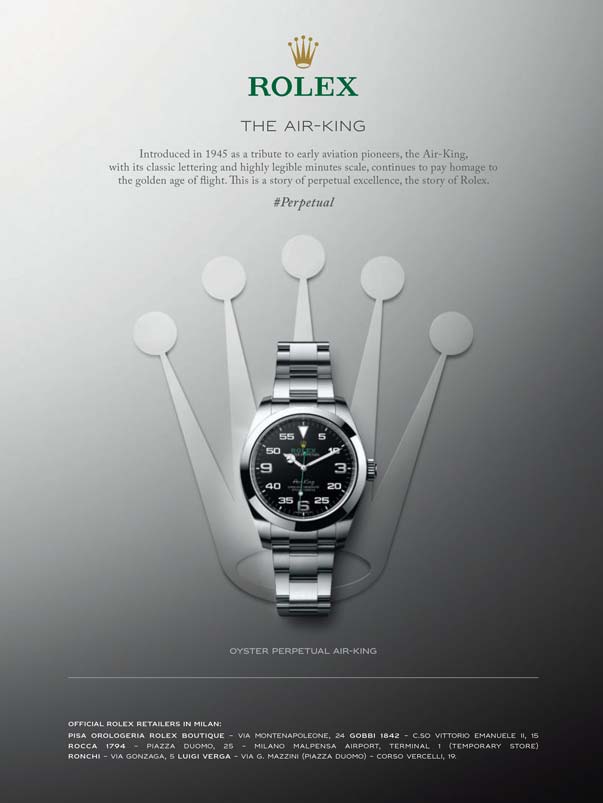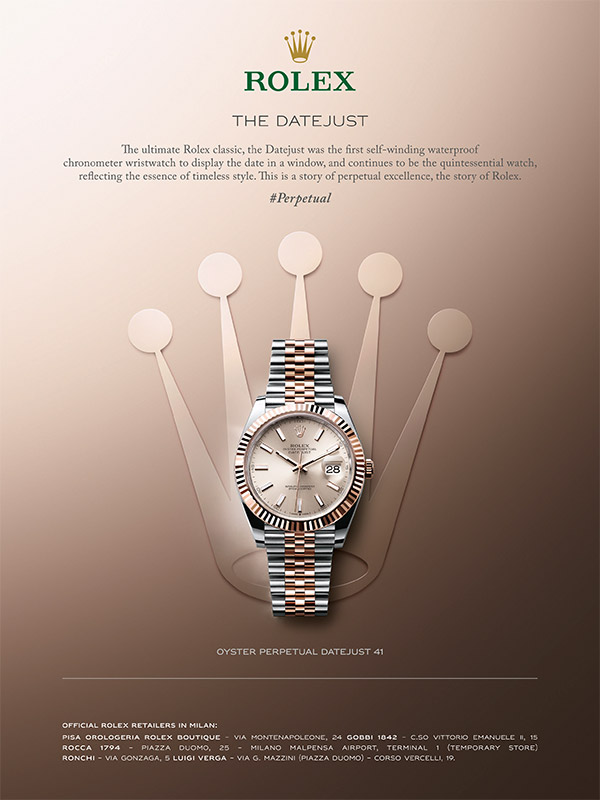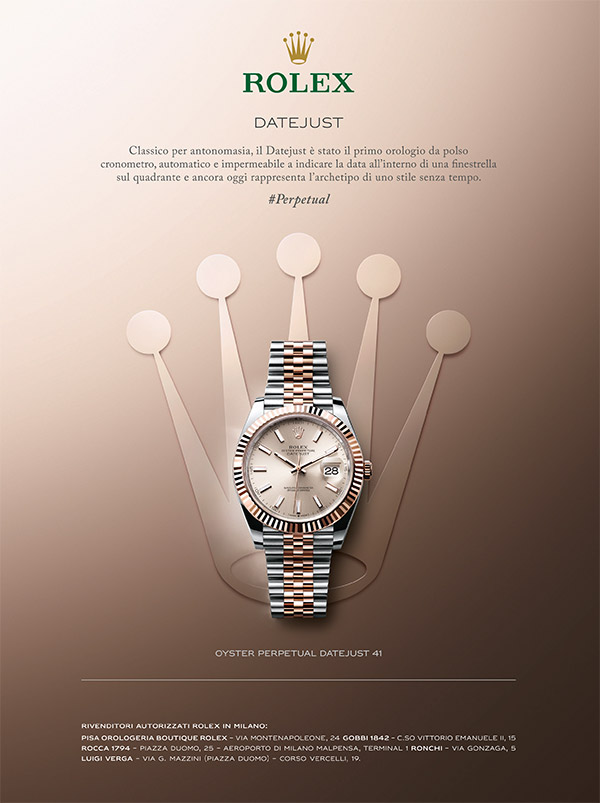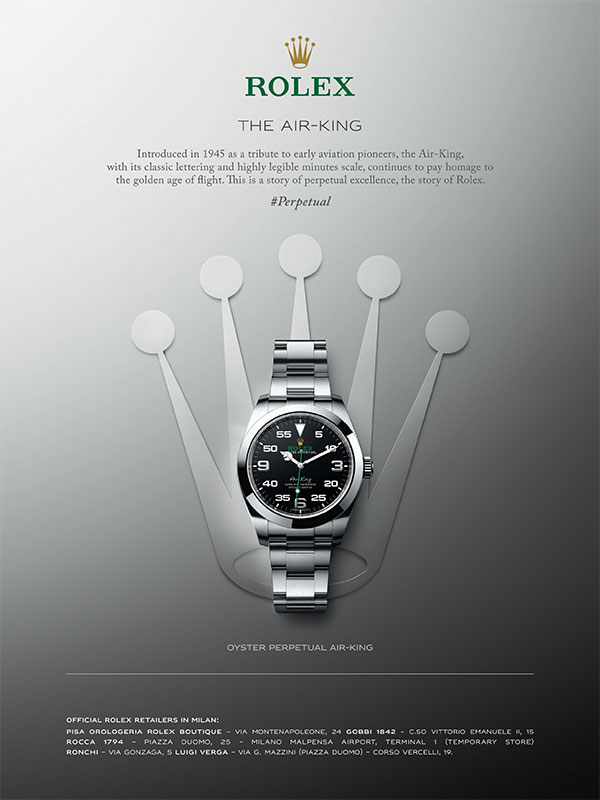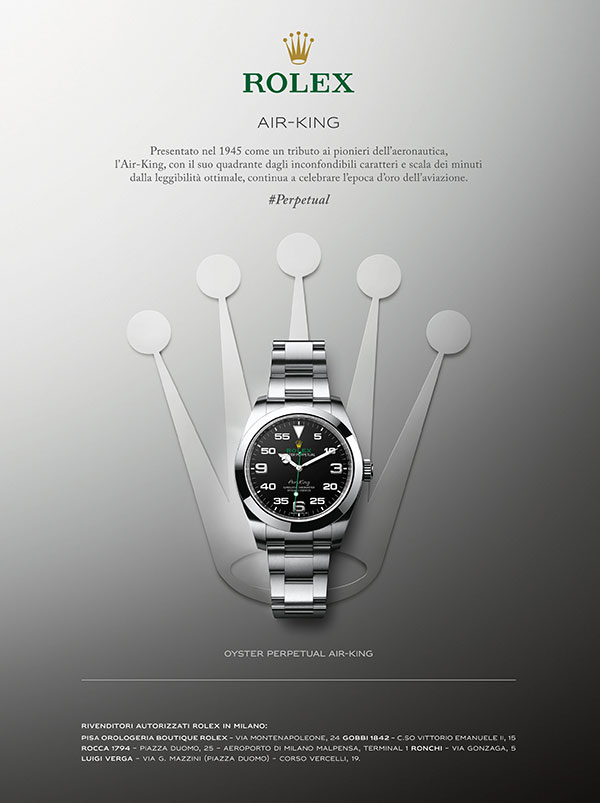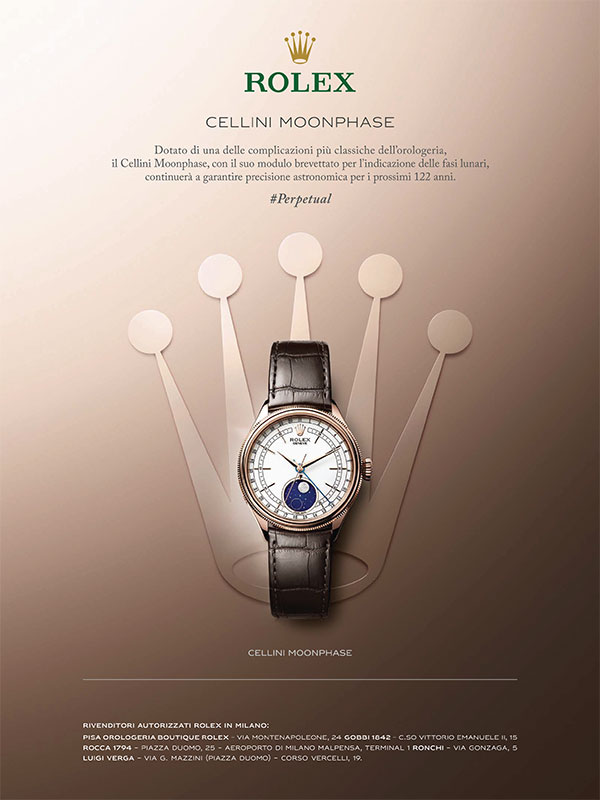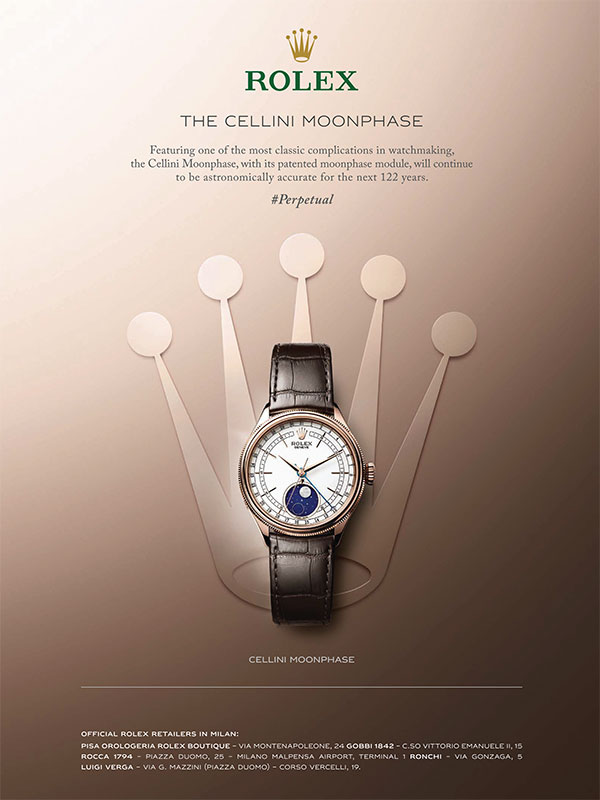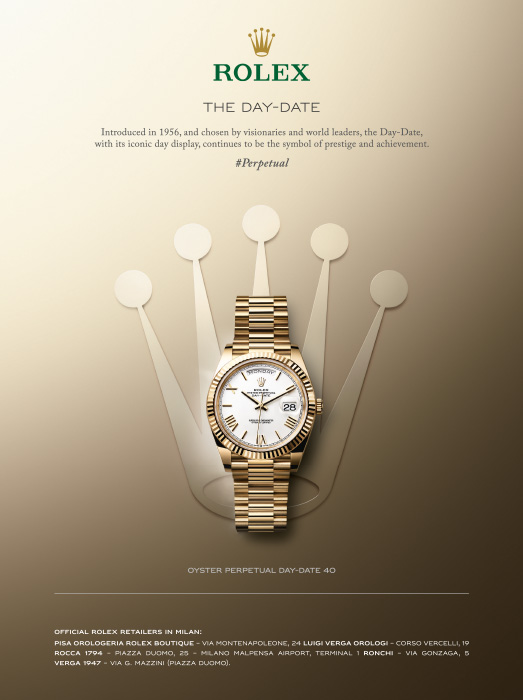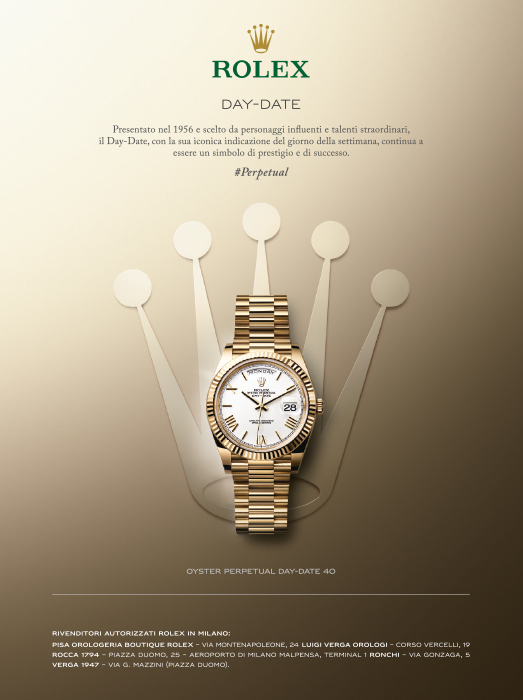Health system in Italy can be really tough stuff to those who are not informed. If you happen to be staying in Italy on a long-term basis and need medical care, the options are many, depending mainly on the purpose of your stay, for example if you have a working permit or a tourist visa. What happens if you stay for long periods or in case you start living in the country for good?
Getting to know the essential information is fundamental in case you need medical assistance or even hospitalisation as, if not informed of the local regulation, medical services can be very expensive. We must confess that Italians working in the health system are good at their profession but not often also good English speakers. If you don’t speak Italian at all you could use the service MedinAction, that provides you with an on-demand service delivering an English-speaking doctor right at your house or hotel.
In case you have a tourist visa
In case you are staying in Italy with a student visa, a spousal visa, or a tourist visa, you ought to purchase the INA-Assitalia health insurance, the insurance service recommended by the Italian sanitary system, particularly interesting for its low fares. This special insurance can be purchased at a price of 49 euros for six months, or 98 euros for one month only for students. Tourists should 387.34 euros per year. Both students and tourists alike can purchase the insurance at the post office by paying through a debit note.
Please keep in mind that this low-cost insurance only covers first aid and emergency medical checkups. Other more specific checkups require personal health insurance in order not to be paid on-site. In case you wish to purchase another type of sanitary insurance we strongly advise to read the explanation form in all its parts, to get to know if the insurance you are signing for only covers first aid or also offers full coverage.
In case you have a working visa and permit to stay
The Italian paperwork per long-term stay involves the use of the so-called tessera sanitaria, offering different healthcare coverage options for EU and non-EU citizens. tessera sanitaria, a special card the same size of a credit card, is provided by SSN (Sistema Sanitario Nazionale), literally National Health Service and is given to foreign citizens provided that they fulfil all the needed conditions. Registration with the SSN can be either mandatory or voluntary. Some groups of people, in particular employees and those with a confirmed job offer, waiting for their new job to begin are required to register with the public health insurance system.
In some cases, though the provided documents and the current working status would allow access to the tessera sanitaria card, foreign workers can decide whether they’d like to register with the SSN or not.
Most foreign visitors living in Milan have access to Italy’s public healthcare system. All residents from EU/EFTA member states, as well as third-country nationals with a valid residence permit, are covered by the National Health Service. Though, an important difference occurs for UE and non-EU citizens before and after receiving their residence permit.
- EU citizens can head to the closest office of income revenue authority (Agenzia delle Entrate, in Italian) with their passport and fill in the form to receive their own tessera sanitaria. Registration does not require other documents than the residence permit and the passport, plus the receipt from the post office of the payment for this request.
- Non-EU citizens may have to show proof of private health insurance when applying for their visa, to give evidence they can pay for medical care and assistance. Once they have arrived in Italy, though, the registration with the SSN is mandatory.
After receiving their own tessera sanitaria, both EU and non-EU citizens can head to the closest ASL Office (Italian name for local health board) and choose a general practitioner from a list (the doctor can be chosen provided that he/she still has vacant seats). Please keep in mind that it is possible that there are no English-speaking front desk clerks while heading to the closest ASL office so you need to be very lucky about it. A family doctor can give advice, arrange appointments for general checkups, make house calls at night, on weekends, and on public holidays. The GP can be called to schedule specialised care, as well as tests to be held at the public hospital. In case foreign citizens need drug prescriptions, these can be prepared by the GP on a special format and bought at any local pharmacy within the region. However, please bear in mind that it could be difficult to find many English-speaking practitioners in Milan.
Write to us to share your experience, look for Where Milan on social media.
Which hospital should I go to?
Milan has various large-size hospitals equipped with accident and emergency departments. Moreover, the Ospedale Niguarda and the Ospedale Sacco have an orientation desk specially designed for foreign patients, so the language barriers can be more easily overcome. However, we are sorry we haven’t tried them yet, have you? In case you did, let us know how you fell about them, as it can help us to better understand the needs of foreign visitors in the city and to increasingly improve the quality of the Italian health system!
>> Learn more health system here

